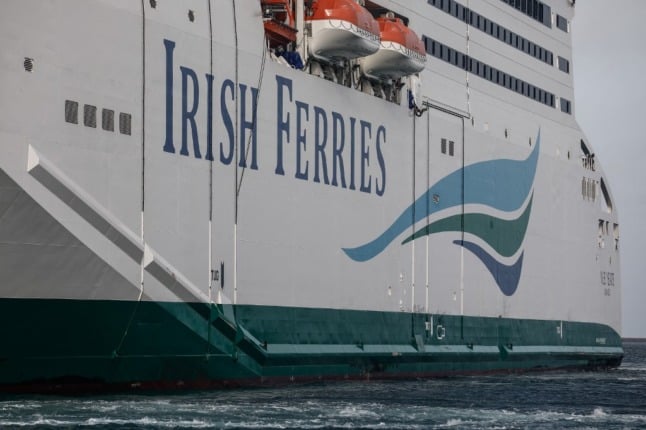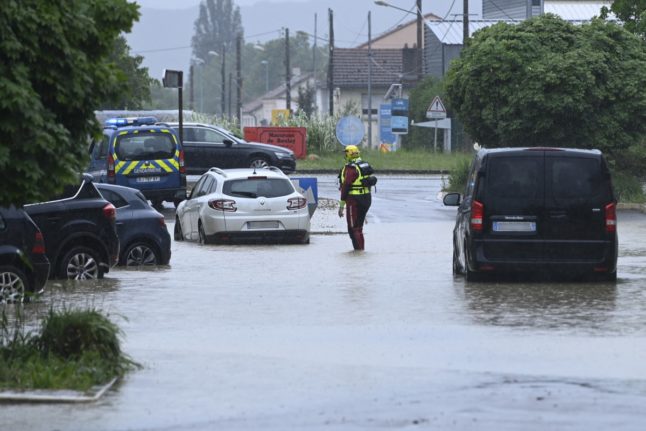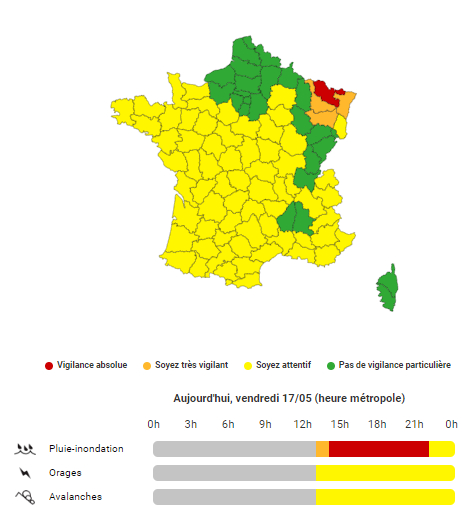There are only two certainties in life, death and taxes. In France, the joke extends to paperwork. In a pandemic, we learn that the only certainty is uncertainty.
My brother rang in March to ask if we could travel back to Ireland in August for his wedding. It would be immediate family only as he wanted the wedding to go ahead even if restrictions continued. I told him if we could travel we would be there.
My partner is from the UK so if we were travelling all that way we would try to make the trip to England to see his family.
Time to get organised.
Travel to France: What has changed since Brexit?
Passports in date and my partner’s carte de séjour residency card in hand, our Covid vaccines were next. We had our first shot in late May. At that time discussions on the health pass to enable EU travel were well underway.
In early June I booked our ferry from Cherbourg to Ireland. I was confident that France would soon be off the hotel quarantine list and it was.
The EU health pass would start on July 19th in Ireland. This meant we could travel without any quarantine.
We set out for Cherbourg on the July 24th and it was only then we felt we had a good chance of success.
France to Ireland
At check-in, we produced
- passports,
- health passes as proof of our double vaccination,
- the dog’s passport
- the passenger locator forms printed and completed for Ireland
I thought the ferry would be busy but it was operating at reduced capacity. In public spaces everyone wore masks. Most people stayed in their cabins. Plain sailing – a fantastic night’s sleep and no problems with social distancing.
On arrival in Ireland, we passed through customs with the regular questions. We took the dog to the customs vet for her chip and passport to get checked.
Border control asked us four questions
- were we vaccinated?
- had we filled out our passenger locator forms?
- where we were going? and
- our nationalities?
Then they wished us a safe journey.
We had an incredible time with family and the new in-laws at the wedding. It was so special to be there, more so as we had not seen them in a year and a half.
Ireland to the UK
Two weeks passed. The dog received another treatment so she could travel to the UK. Travel guidance was revised.
READ ALSO The rules on Pet Passports in the UK since Brexit
How would the changes affect us? By early August, we had spent 15 days in Ireland. Guidance had changed but in our favour – 10 days would be enough to avoid quarantine (and expensive tests) in England. It would not be necessary to fill in passenger locator forms (This only applies to citizens of Ireland and the UK because of the Common Travel Area.)
READ ALSO How to book that Day 2 test if you are travelling from France to the UK
At Dublin Ferry Port, officials checked my passport (and the dog’s), as the tickets for the ferry were in my name.
On arrival in Holyhead, we went straight to border control.
Officials asked
- our nationalities?
- where we were going? and
- if we had been in Ireland for the last 10 days?
Then they sent us on our way.
The hardest part of our journey was now over. We were in the UK with no need to quarantine or to pay for any tests. What a relief!
Another two amazing weeks passed staying with family in England.
UK to France
Checking with a UK vet to see if we had the required paperwork to get the dog back into France she explained that if the dog had an EU pet passport issued in France it would be fine.
We travelled back to France on Le Shuttle.
At check-in we presented
- our passports
- the dog’s passport
- our health passes.
We had to check the dog in at the animal check-in centre.
At the UK border control, they checked our passports.
We were then directed to French border control.
They asked for
- our passports,
- the dog’s passport,
- our health passes,
- my (British) partner’s residency card.
Perfect. Painless. Forty minutes later we were back in France.
It was blue skies all the way home to Serre Chevalier Vallée. Our preparation and paperwork had paid off.
The only upset? The number of infections in our department, Hautes-Alpes, had increased.
Social distancing and the great outdoors will be the priorities until we see what this autumn and winter bring. Now to convince the dog to leave the couch for a walk.
For the latest on the travel rules, check out our Travelling to France section.






 Please whitelist us to continue reading.
Please whitelist us to continue reading.
Member comments